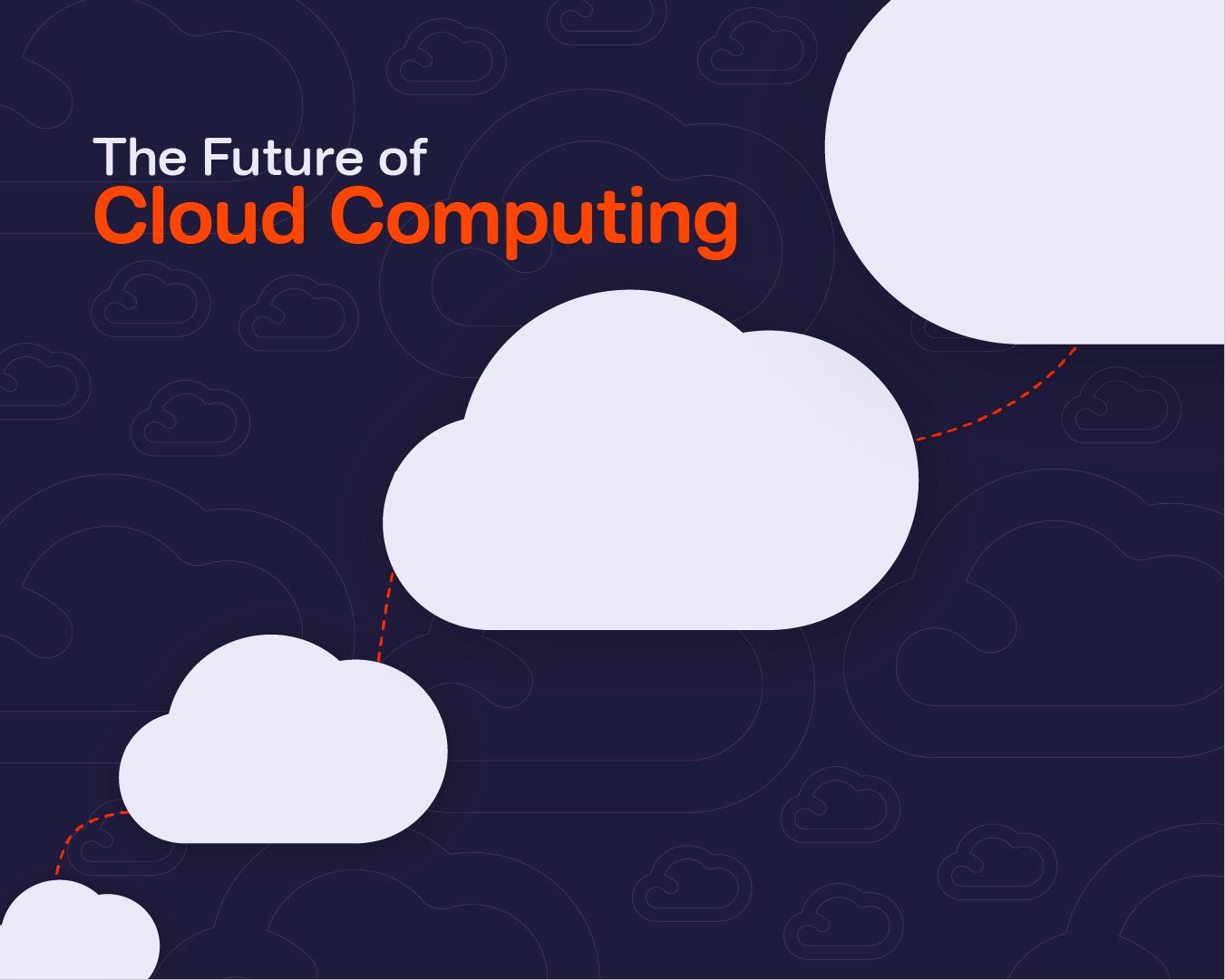
The Future of Cloud Computing: Predictions and Trends
June 26, 2023
Aron Wagner
CEO & Co-Founder
Cloud computing has emerged as a major enabler of change in global business environments. Over the years, it has become more flexible, accessible, and affordable, even for small businesses with limited resources. The evolution of cloud computing remains very much an ongoing process, with radical new ideas and innovations driving the sector's growth momentum.
However, this growth is marked by a parallel increase in concerns about the security and threat-resilience of the services offered by some of the top cloud providers.
Emerging Trends in Cloud Computing
Edge Computing
Edge computing refers to a distributed computing model, where data processing and storage occur closer to the network's edge — the end-user or device. This reduces the distance data needs to travel and decreases latency, while also improving security by reducing the overall attack surface.
Edge computing is expected to significantly impact manufacturing (real-time production monitoring), healthcare (patient data monitoring), retail (personalized recommendations), and transportation (real-time routing).
Hybrid Clouds
Hybrid clouds combine public and private cloud infrastructure. Organizations can use their private cloud for sensitive data while leveraging public clouds for less critical workloads, optimizing cost, compliance, and agility.
Containerization
Containerization enables the creation and deployment of isolated application environments. Containers are lightweight, portable, and self-contained, allowing applications to run seamlessly across different computing environments. Benefits include increased portability, improved scalability, and reduced infrastructure costs.
Quantum Computing
Quantum computing uses the principles of quantum mechanics to perform complex calculations that classical computers cannot solve. Cloud-based platforms like IBM Quantum Experience, Rigetti Cloud, and Microsoft Quantum Development Kit make quantum computing accessible without expensive hardware investments.
Serverless Computing
Serverless computing (Function-as-a-Service) is a model where the cloud provider manages the infrastructure and automatically allocates computing resources to run individual functions. This provides faster development cycles, reduced costs, and increased scalability.
Increased Security and Privacy
Key trends include stronger security protocols, stricter compliance standards, multi-factor authentication (MFA), Cloud Access Security Brokers (CASBs), container security solutions, and Privacy Enhancing Technologies (PETs).
Get the Best of Cloud Technology with American Cloud
At American Cloud, we work tirelessly to ensure that every business gets to harness the potential of cloud computing. We are an all-American cloud service provider with all-American values. Our offerings are completely independent of Big Tech servers, which allows us to provide highly customizable, flexible, and affordable cloud computing services.